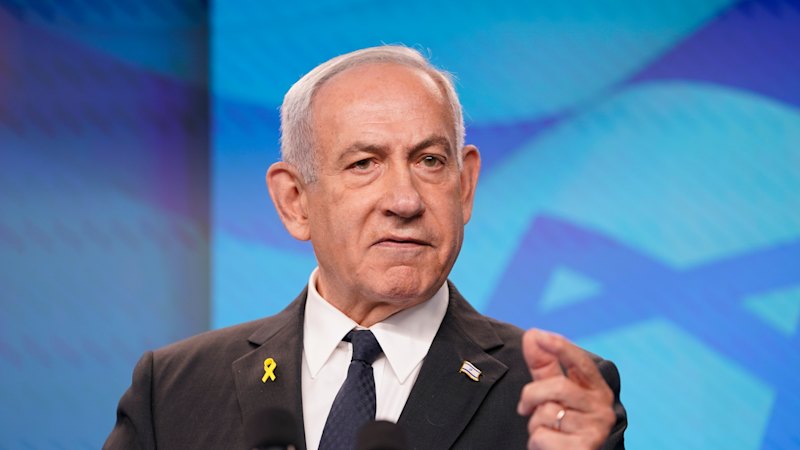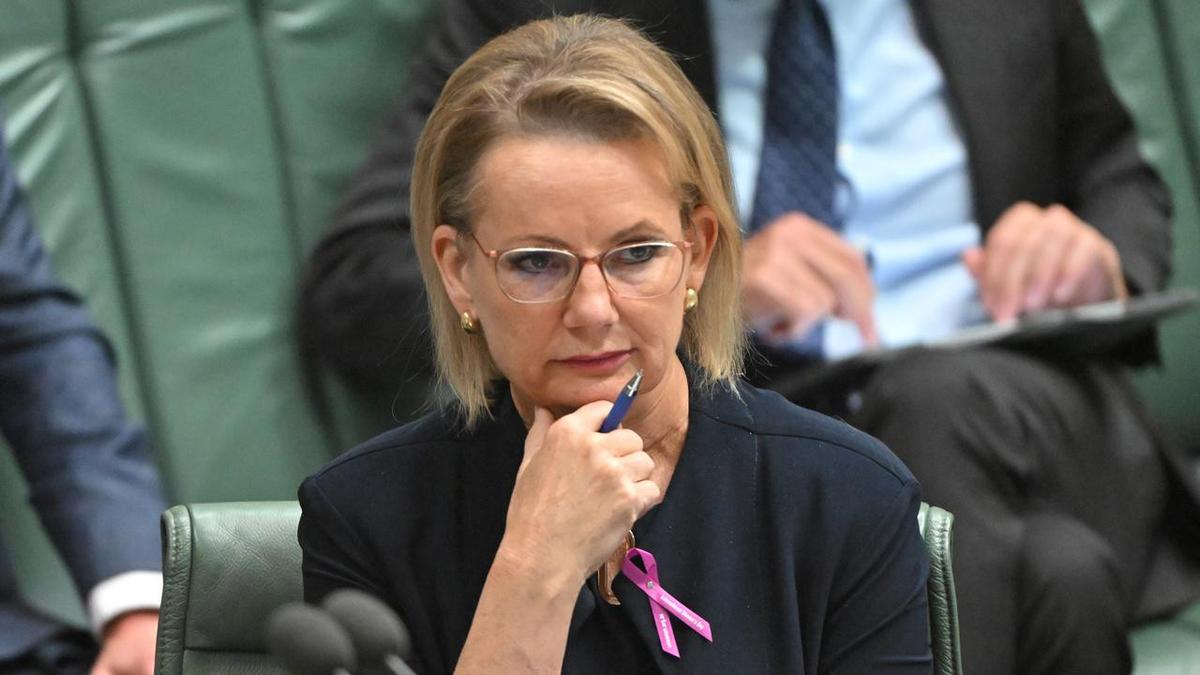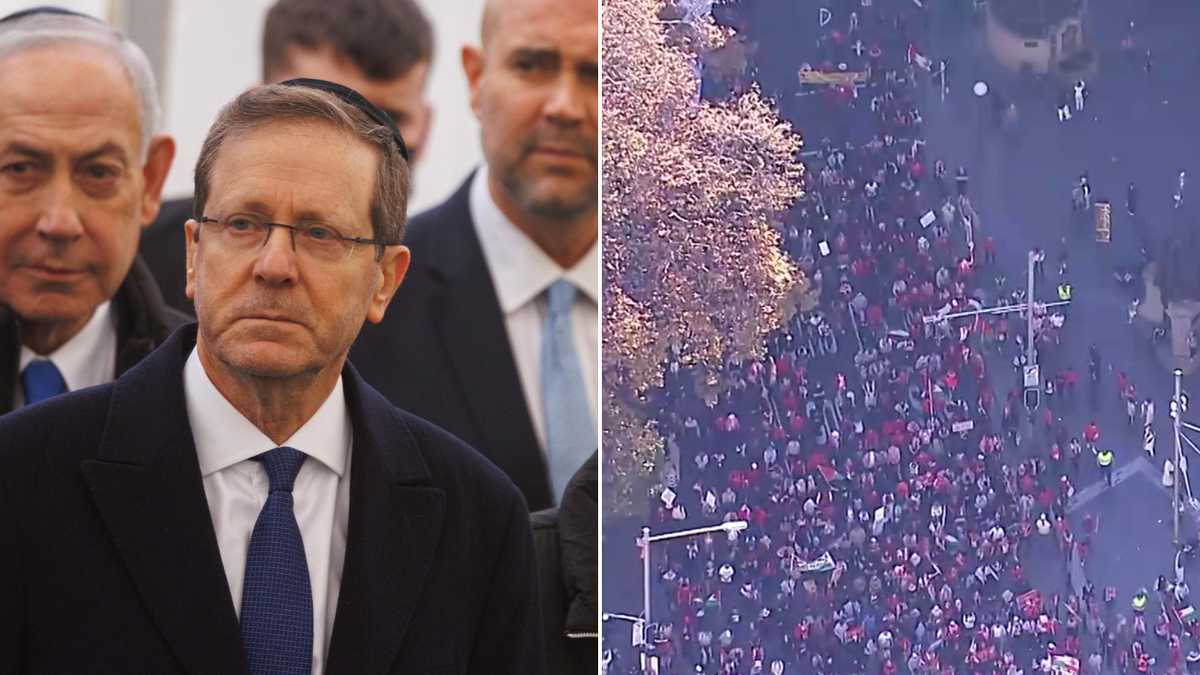
Benjamin Netanyahu, Israel’s Prime Minister, is facing escalating pressure from his far-right coalition partners to annex parts of the occupied West Bank. This push has intensified since his return to power in 2022, with demands from allies in countries such as the UK, France, Canada, and Australia. These nations are urging Netanyahu to respond to the Palestinian aspirations for statehood by annexing territories they view as central to a future Palestinian state.
The implications of such a move could be profound. While it may solidify support from far-right factions and their voters ahead of elections scheduled for next year, it would likely strain Israel’s relations with Arab nations and potentially lead to sanctions from European countries. This comes amid ongoing tensions related to Israel’s military actions in Gaza, which have drawn accusations of human rights violations and even genocide—claims that Israel categorically denies.
During a recent meeting with Israeli diplomats, Foreign Minister Gideon Sa’ar indicated that a final decision on annexation had not yet been made. However, the pressure from the coalition’s far-right elements is mounting. In public discussions, government ministers have outlined three possible annexation strategies, though the scope of these options varies significantly.
One of the more ambitious proposals comes from ultranationalist Finance Minister Bezalel Smotrich, who suggested annexing approximately 82 percent of the West Bank. He framed this plan as a means to definitively eliminate the notion of an independent Palestinian state. However, officials and diplomats report that the government is contemplating less extensive options than Smotrich’s plan.
Sa’ar and Strategic Affairs Minister Ron Dermer have communicated to nations considering recognizing Palestine that Israel might annex Area C of the West Bank, which comprises about 60 percent of the territory and is under Israeli security and civilian control. Additionally, Dermer has discussed the potential annexation of the Jordan Valley with U.S. officials, while a more limited approach would involve annexing settlements near the Green Line, the border separating Israel from the West Bank.
The international reaction to any form of annexation could be severe. European diplomats have indicated that several countries are contemplating punitive measures, which may include trade restrictions with settlements and additional sanctions on violent settlers. One of the most significant consequences could involve the normalization deals brokered by the United States with four Arab countries in 2020, which represented a major achievement for both Netanyahu and former U.S. President Donald Trump. These deals aimed to foster broader relations with Arab nations, including influential players like Saudi Arabia.
On the same day that Smotrich proposed his annexation plan, the United Arab Emirates, which normalized relations with Israel in 2020 partly to avert such actions, issued a stark warning. They labeled any move toward annexation as a “red line” that would jeopardize regional integration efforts. Following this blunt statement, the topic was reportedly removed from the agenda of an upcoming meeting between Netanyahu and senior officials.
The long-term implications of these developments remain uncertain. An Arab diplomat noted that the UAE’s stance is being taken seriously by Israeli officials, while the government faces pressure to act in line with its right-wing base. “It will be a tough decision for them,” the diplomat remarked.
Some analysts argue that formal annexation may not offer significant benefits to Israel. They point out that Israel has already engaged in actions reflecting a de facto annexation, notably through the rapid expansion of settlements deemed illegal under international law and increased land seizures. Ibrahim Dalalsha, head of the Ramallah-based Horizon Centre think tank, likened formal annexation to “registering the birth of a child that has already been born.”
The position of the United States could ultimately influence the decision-making process. Historically, U.S. administrations have opposed annexation and supported the establishment of a Palestinian state as part of a two-state solution. However, with Trump back in office, his administration appears less inclined to challenge Israeli expansionist policies. Trump’s ambassador to Israel, Mike Huckabee, indicated that there may come a time when the U.S. will weigh in on annexation, but emphasized a broader approach to sovereignty, stating, “It’s not our job to dictate to it.”
Amir Avivi, founder of Israel’s Defense and Security Forum, suggested that any movement toward annexation would likely be coordinated with the U.S. “If at some point, Trump says that for U.S. interests it’s more important to normalize relations with the Arab world first, this is what will happen,” he noted. Ultimately, he believes that Netanyahu’s reactions will be largely dictated by the pressures exerted by Trump, rather than the demands of right-wing factions within his government.






